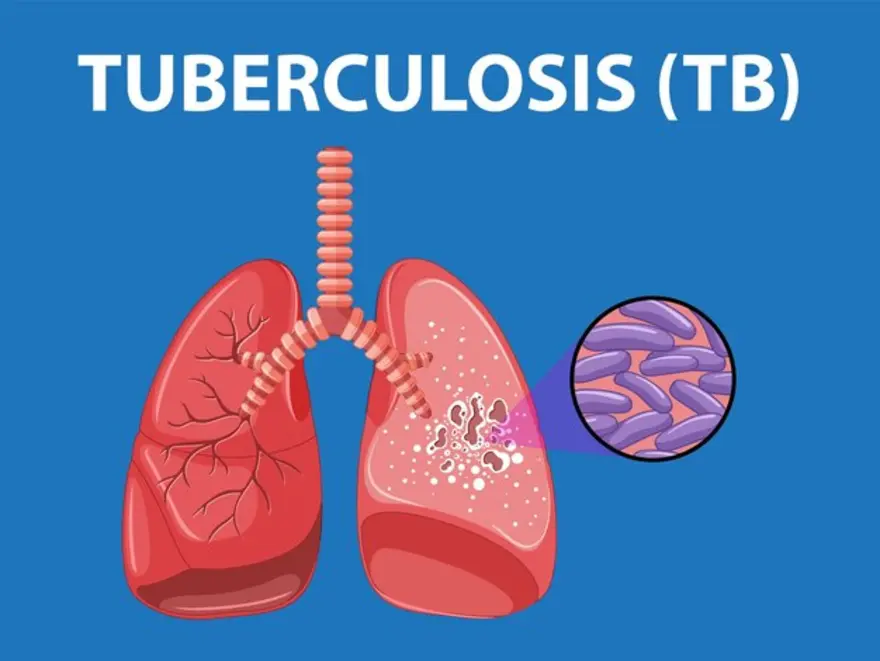India’s efforts to control tuberculosis falter as the nation faces recurring shortages of critical TB drugs. Despite ambitious goals set by Prime Minister Narendra Modi, mismanagement in the national TB programme undermines progress, leaving patients vulnerable and treatment initiatives ineffective.
India, once hailed as the pharmacy of the Global South, is now grappling with a disturbing reality: recurring shortages of essential tuberculosis (TB) drugs. With less than two years remaining to achieve Prime Minister Narendra Modi’s ambitious goal of “eliminating” TB in the country, the failure to address drug shortages highlights gross mismanagement within India’s national TB programme.
The situation is alarming. Shockingly, India has been experiencing a shortage of TB drugs, with increasing frequency. Just seven months ago, a critical shortage of multidrug-resistant TB (MDR-TB) drugs plunged the nation into a crisis. Disruptions in drug supply, which initially affected drug-sensitive medicines in 2022, snowballed to include MDR-TB drugs, lasting nearly a year. Moreover, in September 2021, India faced a stockout of the MDR-TB drug Delamanid.
The ramifications of these shortages are dire. Delayed diagnosis and treatment initiation are already significant concerns in the TB care cascade. Patients who commence therapy but fail to achieve treatment success represent another gap. However, addressing this gap becomes increasingly challenging if drug stockouts persist. A study from 2010 revealed that non-availability of drugs was responsible for 8% of non-adherent patients missing treatment.
It is evident that ensuring the availability of medicines for different categories of TB patients across India is imperative. However, despite being manufactured entirely in India by multiple players, there is still a shortage of drug-sensitive TB medicines, even as the target date of 2025 draws near.
Renaming the National TB Control Programme as the National TB Elimination Programme, in alignment with Mr. Modi’s goal, without addressing fundamental issues such as drug availability, reflects incompetence and a lack of seriousness in combating TB. Adding to the gravity of the situation is the Health Ministry’s last-minute permission to States to procure drugs locally, creating significant challenges at the field level.
A circular issued by the Health Ministry on March 18, 2024, allows States to procure drugs locally for a period of three months due to potential delays in drug supply. This decision shifts the burden to patients, who may have to purchase medicines themselves if district health facilities fail to provide them for free. Such a move is condemnable, particularly considering the poor socioeconomic backgrounds of most TB patients.
In light of these challenges, it is evident that India is far from reaching its 2025 goal of TB elimination. The nation’s inability to address the most basic elements of TB control underscores the urgent need for comprehensive reforms in the national TB programme. Without decisive action, the goal of eliminating TB in India will remain a distant dream.
